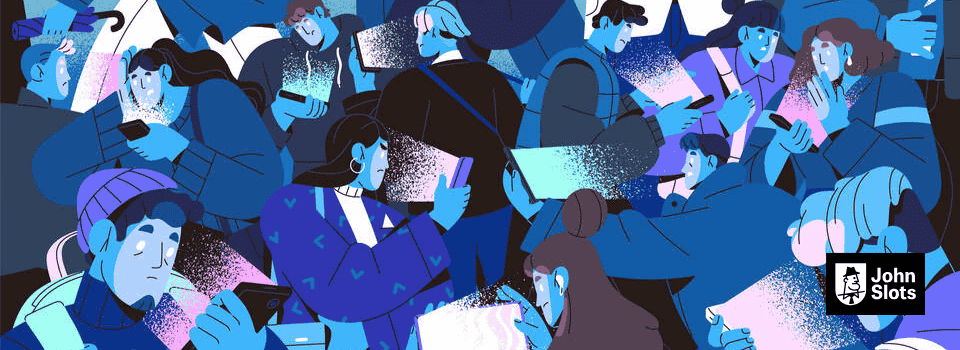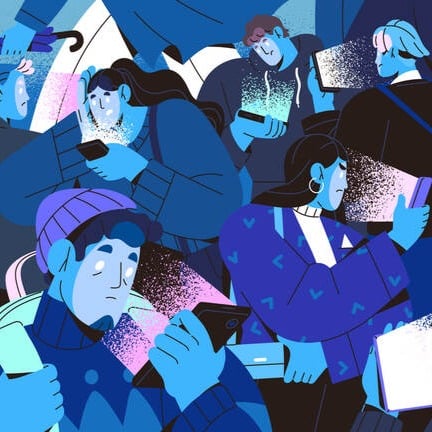In 2020, approximately one in five adults who gambled or were experiencing any risk of gambling problems were reaching out for treatment, support and advice. This figure has now increased to nearly one in three, according to the YouGov research.
Although the increase in at-risk players seeking help is welcomed by the charity, it is also concerning. GambleAware’s chief executive, Zoë Osmond, said, “Gambling can be highly addictive, with devastating impacts on people’s lives, relationships and financial stability. While it is encouraging that more people have sought help, this rise may also point to a growing public health crisis.
“We are increasingly alarmed by how gambling is being normalised and how frequently people – especially young people – are exposed to gambling across Great Britain.”
The data reveals that this increase could be due, in part, to the rise in prize draws such as Omaze or McDonald’s Monopoly, which normalise gambling for children and young people.
Prize draws are not currently legally recognised or regulated as a form of gambling, despite their similarities with certain types of gambling. The charity warned that people may not understand the risks associated with these draws.
Their research has shown that around one in nine people referring themselves for help are thought to be experiencing problem gambling specifically related to prize draws.

One thing that could help reduce harm, according to Osmond, would be new regulations targeted at advertising. She said, “To reverse this troubling trend, urgent preventative action is needed. This must include tougher regulation of gambling advertising to stop gambling being portrayed as ‘harmless fun.’
“There should also be mandatory health warnings on all gambling ads, stricter controls on digital and social media marketing, and a full ban on gambling promotion in stadiums and sports venues to protect children and young people from harm.”
The survey shows that there is widespread public support for gambling advertising restrictions, especially in formats popular with children. 91% of respondents support a ban on gambling advertising across television and video games, and 90% support a ban on social media.
With such an increase in demand for treatment, it will be interesting to see if regulations change to raise awareness about the dangers of non-traditional forms of gambling and alleviate pressure on these charities.




